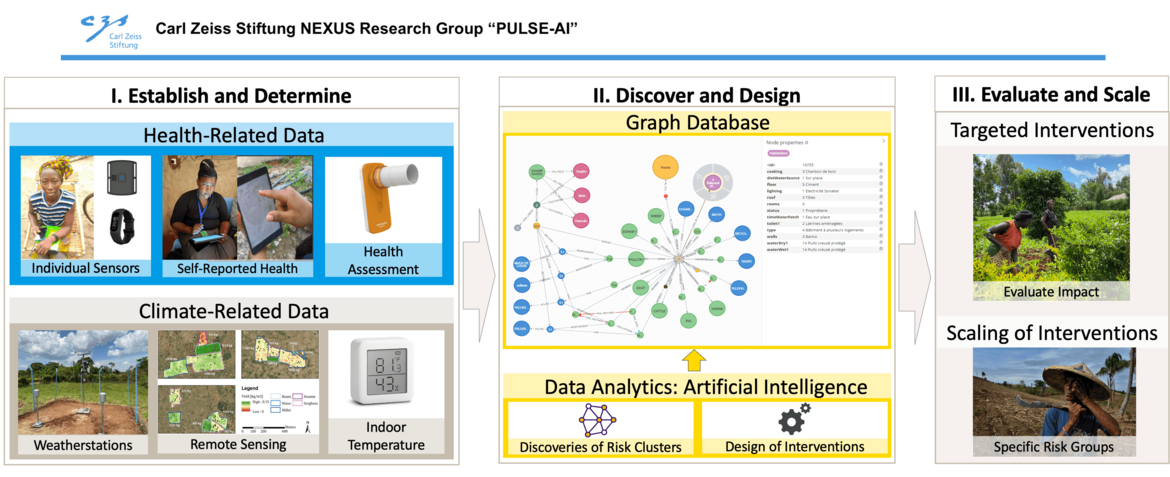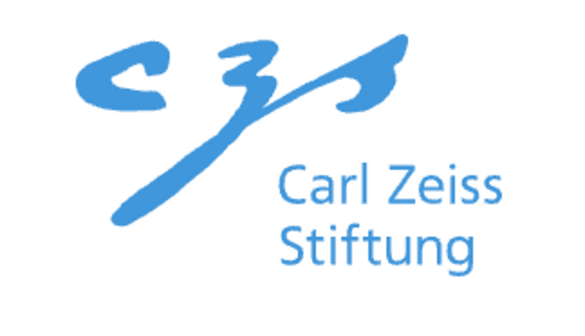-
Working Groups
- Climate Change and Health Intervention
- Climate Change, Nutrition and Health
- Climate Change, Migration and Health
- Heidelberg Planetary Health Hub (Hei-Planet)
- Climate-smart Health Systems
- Closing pandemic health gaps
- Design and implementation research in global health
- Digital Global Health
- Disease Control in Disadvantaged Populations
- Epidemiology and Biostatistics
- Epidemiology of Transition
- FAIR and ethical data and sample reuse
- Field Epidemiology Research in German Public Health
- Global Child Health
- Global Health and Economics Research Group
- Global Health Diagnostics
- Global Health Policies and Systems
- Health Economics and Health Financing
- Implementation research for prevention and disease control
- Injury Epidemiology and Prevention
- Mathematical Modelling of Infectious Diseases
- Non-communicable disease (NCD) in LMICs
- Non-Communicable Diseases (NCDs) Implementation Research
- Oral Health
- Planetary Child Health
- Science Communication
- Vector Borne Diseases and Geo Health
PULSE-AI: Climate, AI & Global Health
Carl Zeiss Stiftung NEXUS Research Group
Global health is increasingly challenged by climate change, with countries in the Global South being particularly vulnerable to the adverse effects of extreme heat. Such impacts can compromise health, cognitive performance, and work productivity, leading to heightened mortality rates in these populations.
The Carl Zeiss Stiftung NEXUS research group (PULSE-AI) is a cutting-edge research initiative focusing on the integration of artificial intelligence and graph databases in global health research. Its primary objective is to deepen our understanding of climate change's health implications on at-risk communities and devise strategies to address them.
Within the project, sensor-driven studies are established in existing health and demographic surveillance sites across Africa and Asia. This approach provides a granular view of individual heat exposure. The collected data is organized using graph databases and analyzed using AI techniques to pinpoint risk patterns and formulate targeted interventions.
Dr. Sandra Barteit has been awarded the Carl Zeiss Stiftung NEXUS award of 1.5 Million Euro to focus her research on the application of AI and digital technologies to improve global health, especially in the context of climate change. The research group was established in October 2023 and has a projected timeline of five years.
-
Working Groups
- Climate Change and Health Intervention
- Climate Change, Nutrition and Health
- Climate Change, Migration and Health
- Heidelberg Planetary Health Hub (Hei-Planet)
- Climate-smart Health Systems
- Closing pandemic health gaps
- Design and implementation research in global health
- Digital Global Health
- Disease Control in Disadvantaged Populations
- Epidemiology and Biostatistics
- Epidemiology of Transition
- FAIR and ethical data and sample reuse
- Field Epidemiology Research in German Public Health
- Global Child Health
- Global Health and Economics Research Group
- Global Health Diagnostics
- Global Health Policies and Systems
- Health Economics and Health Financing
- Implementation research for prevention and disease control
- Injury Epidemiology and Prevention
- Mathematical Modelling of Infectious Diseases
- Non-communicable disease (NCD) in LMICs
- Non-Communicable Diseases (NCDs) Implementation Research
- Oral Health
- Planetary Child Health
- Science Communication
- Vector Borne Diseases and Geo Health


